Mastering Technological Tools: Key to Workplace Effectiveness

Mastering Technological Tools: Key to Workplace Effectiveness productivity
In today’s rapidly evolving workplace landscape, technology plays a pivotal role in driving productivity and efficiency. As businesses strive to stay competitive in an increasingly digital world, employees must continuously enhance their mastery of technological tools to remain effective and relevant. Whether it’s mastering software programs, leveraging communication platforms, or adapting to new digital trends, the ability to navigate and utilize technology proficiently can significantly impact individual performance and organizational success.
Understanding the Importance:
The importance of mastering technological tools cannot be overstated in modern workplaces. Technology has revolutionized how work is conducted, providing access to vast amounts of information, streamlining processes, and enabling seamless collaboration across teams and continents. Employees who possess advanced technological skills are better equipped to tackle complex tasks, troubleshoot issues efficiently, and adapt to changes in workflows or software applications.
Increasing Efficiency and Productivity:
One of the primary benefits of mastering technological tools is the ability to enhance efficiency and productivity. Proficiency in software applications such as Microsoft Office Suite, project management tools like Trello or Asana, or industry-specific software enables employees to complete tasks more quickly and accurately. Automation features within many tools further streamline repetitive processes, allowing employees to focus their time and energy on high-value activities.
Facilitating Communication and Collaboration:
Effective communication and collaboration are essential components of workplace success, and technology plays a central role in facilitating these interactions. Platforms such as Slack, Microsoft Teams, or Zoom enable real-time communication and collaboration regardless of geographic location. Mastery of these tools allows employees to exchange ideas, share documents, and coordinate projects seamlessly, leading to improved teamwork and faster decision-making.
Adapting to Digital Transformation:
In today’s digital age, organizations are undergoing rapid digital transformations to stay competitive and meet evolving customer demands. Employees who are adept at mastering new technologies are better positioned to adapt to these changes and contribute to the organization’s growth. Whether it’s adopting new software applications, implementing innovative solutions, or embracing emerging technologies like artificial intelligence or data analytics, individuals with strong technological skills play a vital role in driving organizational success.
Continuous Learning and Development:
Mastering technological tools is not a one-time endeavor but rather a continuous process of learning and development. As technology evolves and new tools emerge, employees must stay abreast of the latest advancements to remain effective in their roles. Employers can support this ongoing learning through training programs, workshops, and access to resources that enable employees to sharpen their technological skills and stay ahead of the curve.
Conclusion:
In conclusion, mastering technological tools is paramount to increasing workplace effectiveness in today’s digital-driven world. By enhancing proficiency in software applications, improving communication and collaboration, and adapting to digital transformations, employees can unlock their full potential and drive organizational success. Continuous learning and development are essential components of mastering technological tools, ensuring that individuals remain agile and adaptable in an ever-changing technological landscape. Embracing technology as a tool for innovation and efficiency empowers employees to excel in their roles and contribute to the overall growth and success of their organizations.
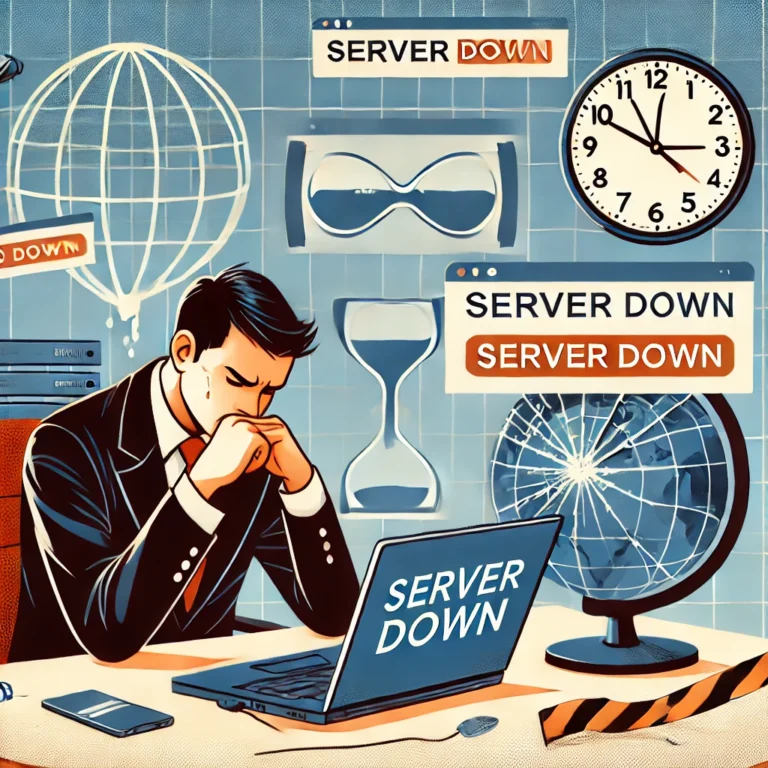





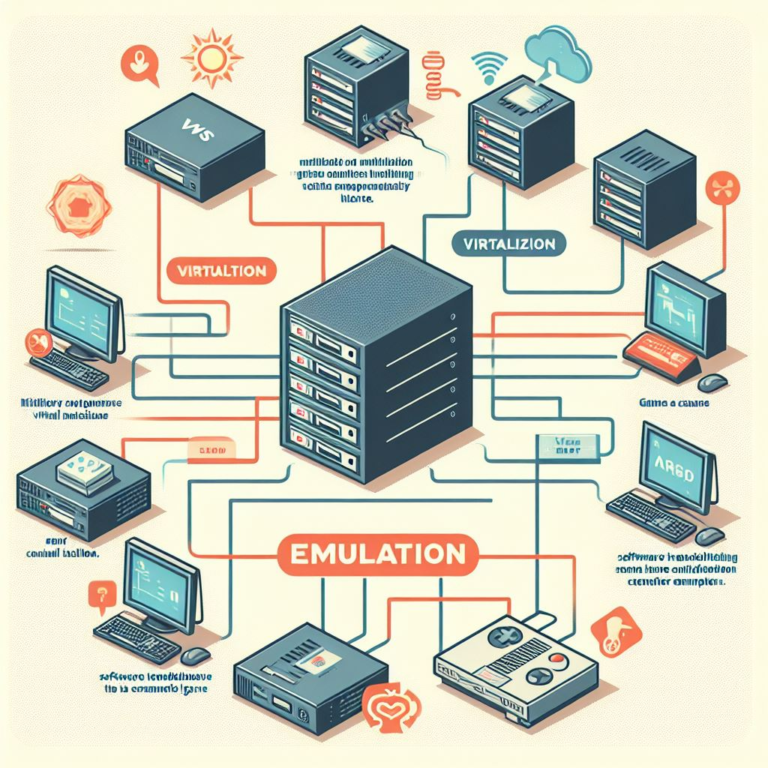


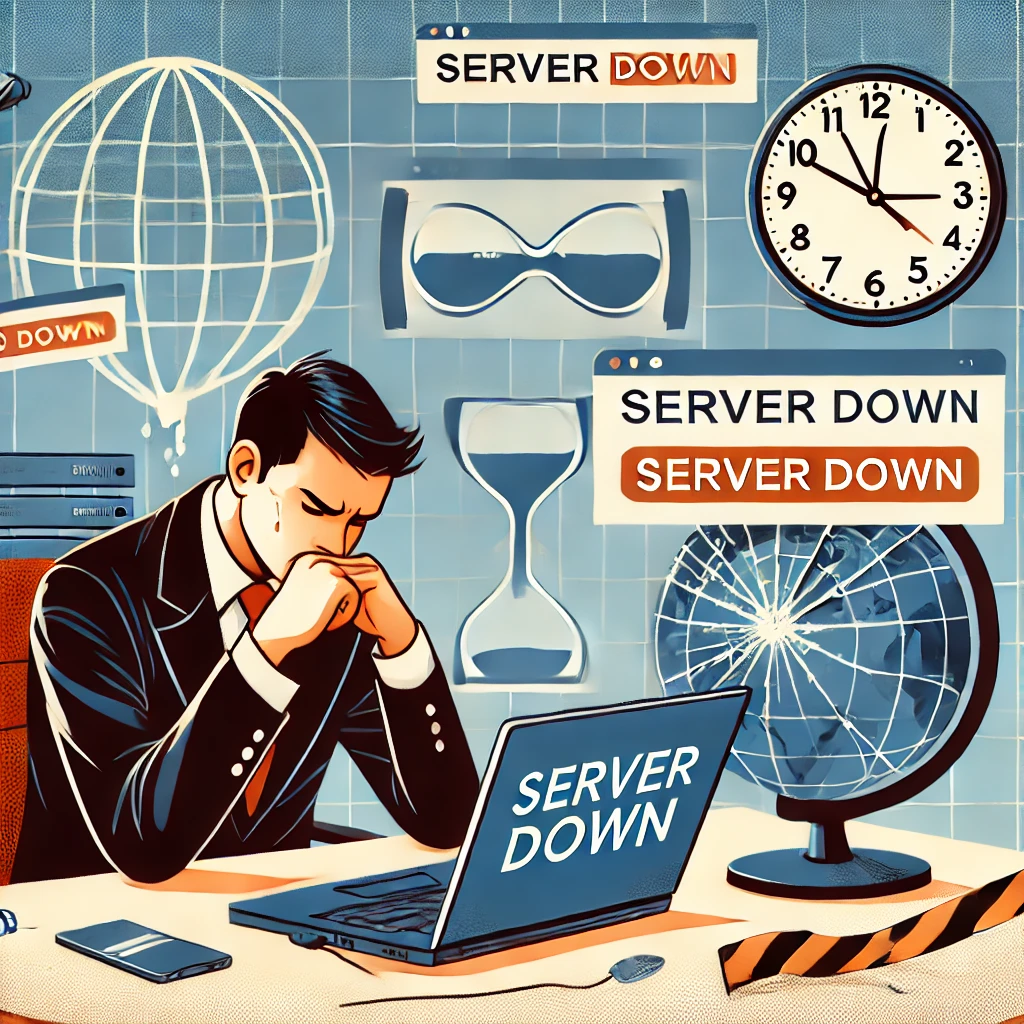


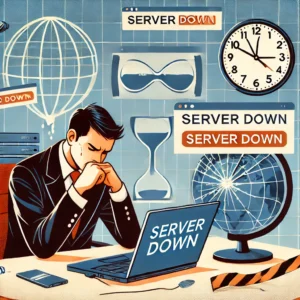





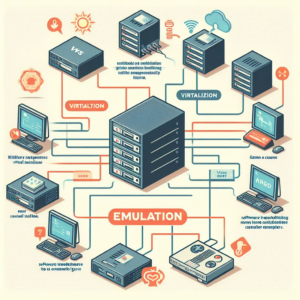

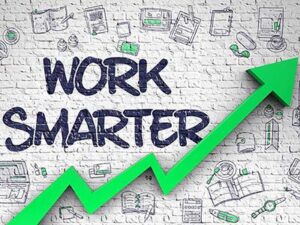

Post Comment